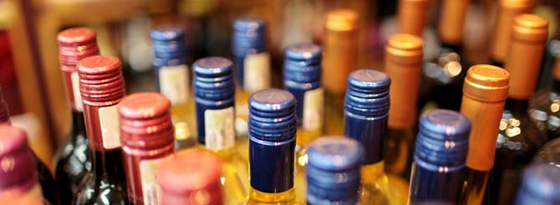Date£º
2014-06-06 11:01 Source£º
winesearcher Author:
Rebecca Gibb Translator:
Wine producers need to collaborate to beat fakes.

A new study addressing the problem of counterfeit wine concludes that the majority of the world¡¯s wine producers have done little to address the problem.
¡°Producers have been slow to react ¨C being surprised by the rapid rise of Chinese counterfeiters and the simultaneous emergence of [anti-counterfeit] technologies that they are not accustomed to,¡± said Eric Przyswa, the author of the latest wine and spirit counterfeit report.
The study commissioned by Selinko, a Belgian anti-counterfeit company, provides an analysis of current research and the technologies available to tackle fakes. It cites a study of 250 producers surveyed in six wine countries, which found just 29 percent of respondents had taken measures to avoid counterfeits.
¡°This low percentage explains that there is undoubtedly fear among producers that they could be associated with fraud¡± if they did take measures to combat it, the report postulates.
While some of the world¡¯s finest producers including Bordeaux first growths have adopted technologies to try and beat fraudsters, each producer is working independently, and there has been little collaboration between producers, it explains.
¡°Efforts to combat counterfeiting have been erratic and fragmented and there needs to be greater coordination."
While it continues to be difficult to obtain accurate statistics on the extent of wine and spirit counterfeiting, the figures from recent studies and expert estimates makes for worrying reading.
The International Center for Alcohol Policies calculated that 30 percent of all alcohol consumed in the world is illicit. In China, wine fakes are believed to be even more common: in the past year, observers have estimated that fakes could account for between 50 and 80 percent of all wines sold in the People¡¯s Republic.
The cost of illicit alcohol is approximately €1.45 billion ($1.98bn) in the U.K., according to The Institute of Economic Affairs while an Italian study calculated that counterfeits cost the national wine industry lost €2 billion ($2.73bn) each year.